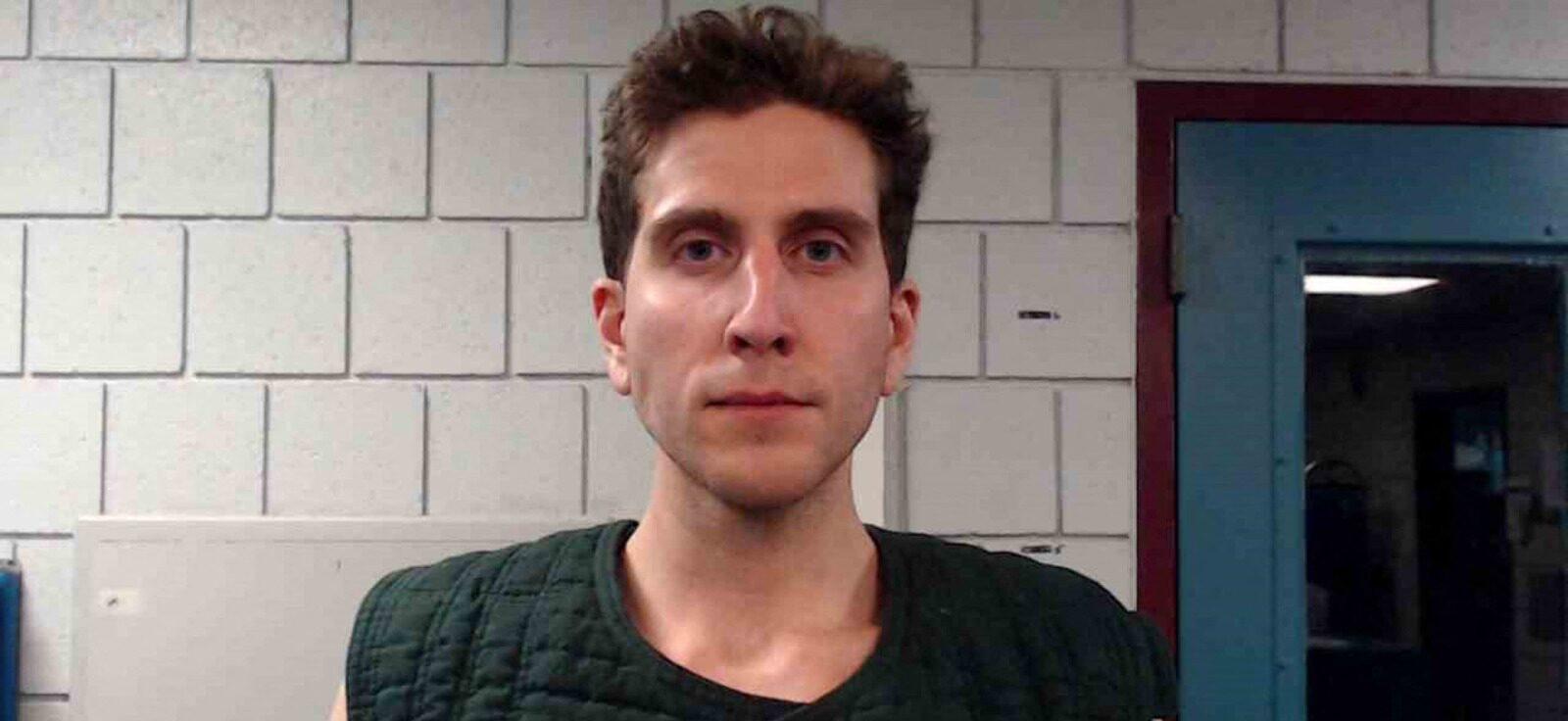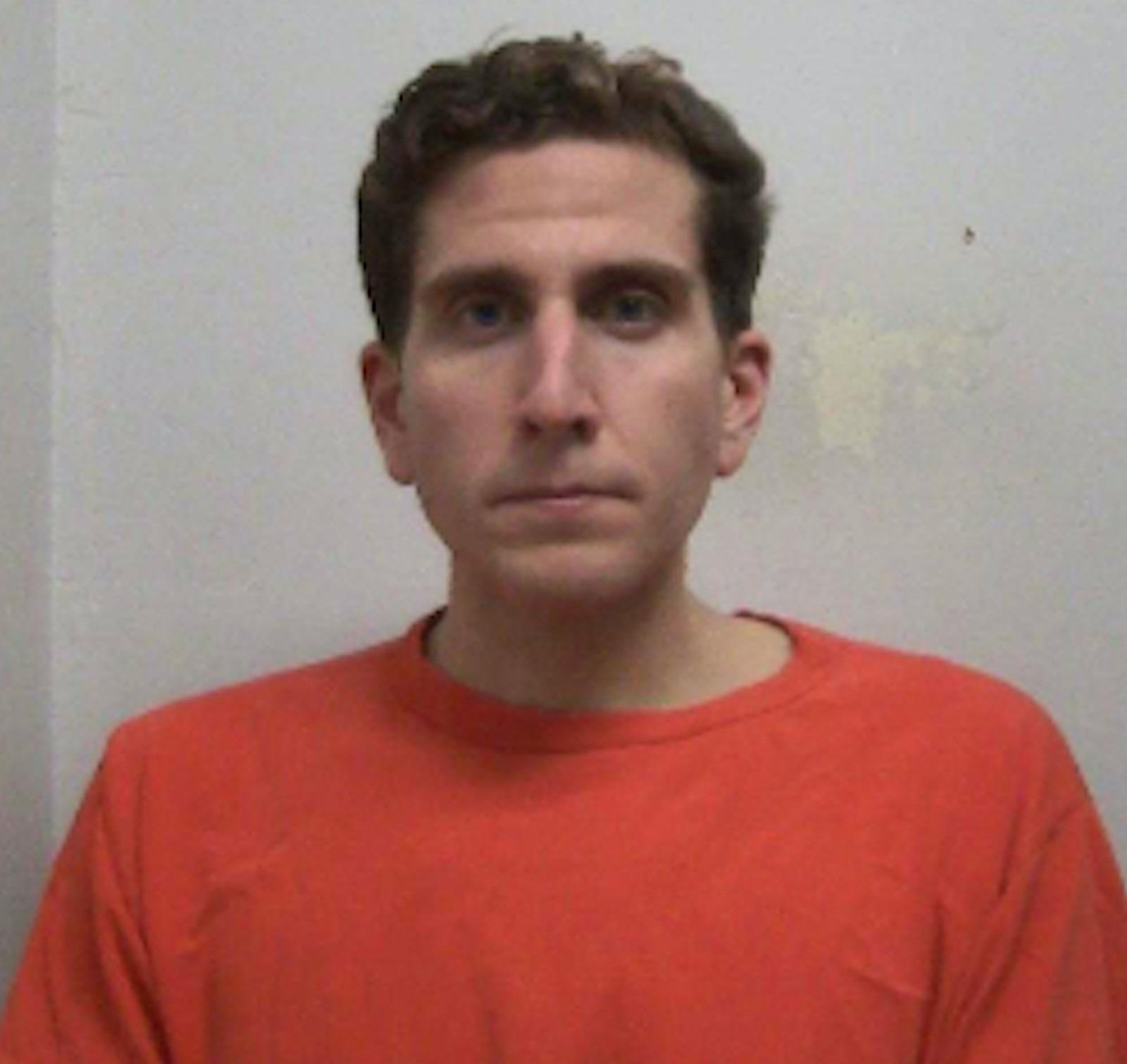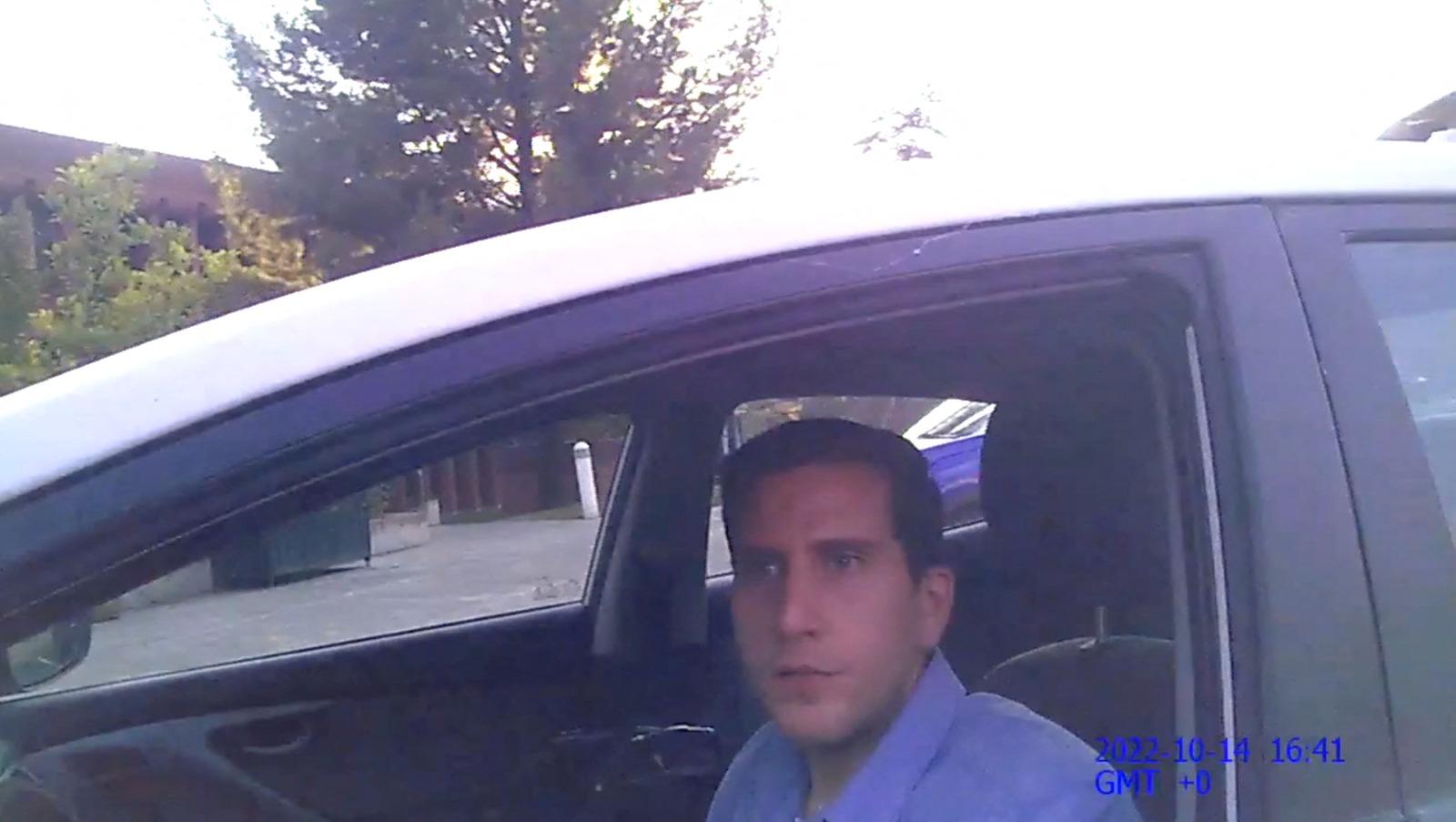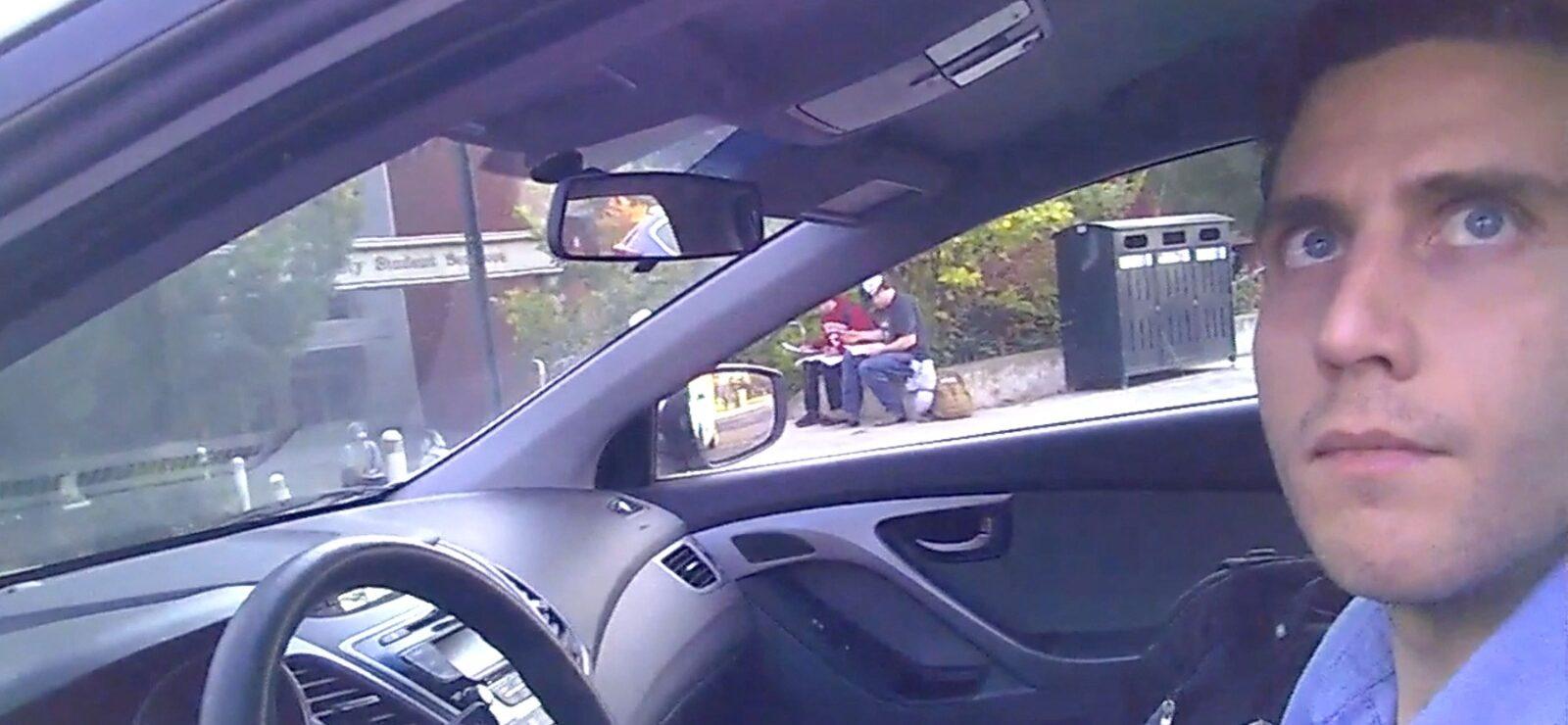Idaho Murders Suspect Bryan Kohberger's Defense Team Hires Genealogist To Disprove DNA Evidence Tying Him To The Killings
By Favour Adegoke on August 14, 2023 at 5:00 PM EDT

Bryan Kohberger's team is working on disproving the DNA evidence linking him to the Idaho murders. The Ph.D. student was arrested in December after investigators used gene technology to track him down. His attorneys have now hired multiple DNA experts, like Dr. Greg Hamikian, to disprove the gene technology.
Kohberger has been charged with first-degree murder and pled not guilty on all four counts. He claims he was out on a drive when the murders occurred. His defense team has claimed they will provide a witness to corroborate his alibi during the trial.
Keep on reading to learn more.
Bryan Kohberger's Team Hires A Genealogy Expert

Bryan Kohberger's attorneys are working on a new defense tactic for his highly publicized murder trial. The defense team is trying to disprove vital DNA evidence linking Kohberger to the murders of four University of Idaho students.
Kohberger was first arrested in December after investigators used DNA from a knife sheath left at the crime scene to track him down. They used gene technology on blood from the knife to create a DNA profile, which matched Kohberger's father.
Radar Online says the Ph.D. student's attorneys have hired DNA experts to discredit the evidence. Dr. Greg Hamikian is one of these experts, who works as a forensic biologist at Boise State University.
He said, "This is a more aggressive challenge where they're saying wait a minute, is this fruit of a poisoned apple or something and how did you get this genealogical match? Do we know it's a good match? Maybe you got tunnel vision early on in the case through bad genealogy."
'A Poor-quality Kit Might Have Too Few Matches'

Kohberger's team also hired Dr. Leah Larkin to support Hamikian's doubts about the gene technology. According to the Daily Mail, she shared her concerns in an affidavit presented to the court by Kohberger's legal team.
Parking suggested that home DNA tests like Ancestry DNA and 23andMe are less reliable than lab DNA tests. She wrote, "A poor-quality kit might have too few matches or it just might have phantom matches that are not real measures of relationship." Larkin also noted that police could have errors in collecting and processing gene information from databases.
Hamikian also gave an example where police used DNA results to pin a crime on an innocent person. He said, "Our experience, when we worked with the police, the first hit they got through genealogy. The guy they thought was a good suspect, he'd been in the area, he sounded like a good match — they went to test him because his father had it was a close match, and it turned out the suspect was wrong."
Bryan Kohberger Is Charged With First-Degree Murder

According to Radar, Kohberger was formally charged with first-degree murder on four counts. He's being tried for the November 13 murders of Xana Kernodle, Ethan Chapin, Kaylee Goncalves, and Madison Mogen.
They were killed at an off-campus property on King Road, about 10 miles from Kohberger's home in Washington. The Ph.D. student has pled not guilty to all the murder charges, which carry life or the death penalty upon conviction.
Bryan Kohberger Claims He Was Out Driving

Kohberger's primary defense is his alibi, which is that he was "out driving" when the murders occurred between 3 and 4 am. In his attorney's filings, he wrote that he wasn't "at a specific location" during the hours of the killing.
The lawyers also declared that they would corroborate Kohberger's alibi with witness testimony when he goes to trial in October. They claimed that the murder suspect "has a long habit of going for drives alone," which is why he was out at that time.

Kohberger's lawyers further requested that the judge exempt the Ph.D. student from any "further inquiry" about his alibi for that night. His next court appearance is scheduled for August 18 to address the argument that Kohberger's indictment should be dismissed because of police and investigative errors.